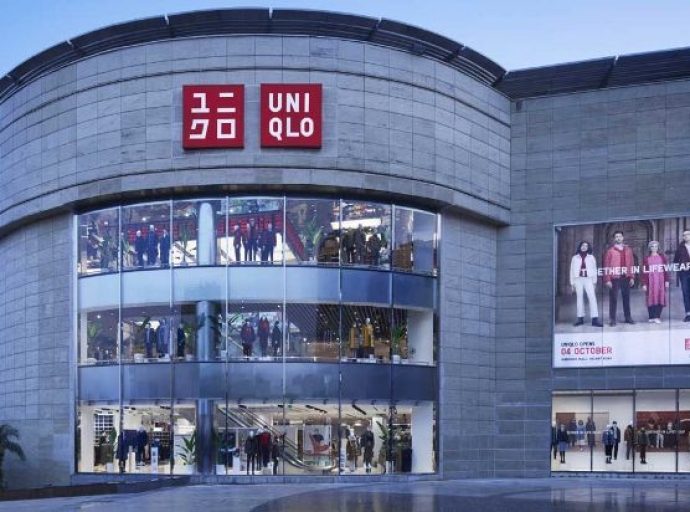09 October 2022, Mumbai:
With the only thing constant in life being change, there’s a brand new trend in the Indian fashion industry that is changing the dynamics of business houses. Fashion designers are now tying up with big corporate houses, as just designing and selling couture is no longer enough and they desperately need to expand their customer base with more accessible price points supported by a wider product portfolio and distribution network. Currently, Aditya Birla Fashion and Retail Ltd (ABFRL) and Reliance Brands Ltd (RBL), are betting huge on Indian designers with a number of tie-ups with renowned designers, and legacy brands to jumpstart their global and domestic marketing and distribution networks by joining forces with leading retail companies.
RBI and ABFRL ties up with various design houses
Earlier in 2022, RBL had bought a 51 percent majority stake in couture brand Abu Jani Sandeep Khosla and all their supplementary offerings, which included GULABO by Abu Sandeep, ASAL by Abu Sandeep and MARD by Abu Sandeep. After that Jani and Khosla have become the newest additions to an impressive line-up for Reliance who have tied up with renowned designers such as Satya Paul, Raghavendra Rathore, Ritu Kumar, Anamika Khanna, Manish Malhotra, Rahul Mishra, and Abraham & Thakore among others. Around six of these partnerships took place in just the past year proving that this trend is here to stay in the long run. RBL has entered into a partnership with Rahul Mishra into a 60:40 joint venture to create a new ready-to-wear brand.
The collaboration trend was started by ABFRL when in 2019 it acquired a 51 percent stake in designers Shantanu & Nikhil’s company Finesse International Design. It has quickly followed this with tie-ups last year that includes a 51 percent stake in designer Sabyasachi Mukherjee’s fashion house as well as establishing a new company with designer Tarun Tahiliani which launched a contemporary men’s ethnic wear brand called Tasva, and together they have a goal of selling Rs 500 crore worth of men’s ethnic clothes and accessories in five years. Now ABFRL’s latest is, its 51percent stake in House of Masaba Lifestyle, owned by designer Masaba Gupta. This brand is planning to achieve annual revenues of around Rs 500 crore in the next five years with a product portfolio that will include everything from garments and accessories to lifestyle products while focusing on building a huge domestic brand for the new generation of digital-first customers.
Smooth transition from western to Indian designer brands
Although ABFRL and RBL have specialized in western wear brands for many years, they are now interested in Indian designers mainly due to the affordability factor. ABFRL owns and markets huge brand names such as Louis Philippe, Van Heusen, and Allen Solly while RBL, as part of Reliance Industries, has partnered with more than 60 global brands including Burberry, Coach, Jimmy Choo, Diesel, and Michael Kors, among others. But unlike the men’s western wear market, there are various Indian designers who have a versatile product portfolio, and since these brands are reasonably priced, it makes sense to enter into a partnership or even acquire them
As per Edelweiss, the ethnic wear market in India is pegged at $20 billion, of which 70 percent is unorganized and this is the segment that the big retailers are tapping. Industry experts are of the opinion that may be after 10-20 years, some of the big corporate houses will acquire the smaller design companies fully or tie up with the bigger names. As the corporates continue their tie-ups with design house and create a bridge between high-end luxury and pret-a-port lines, more Indians will be wearing designer brands.





































